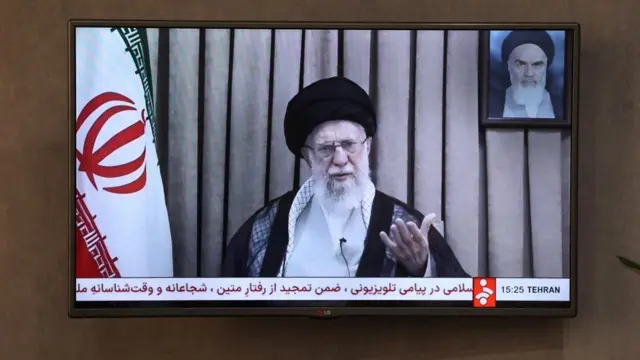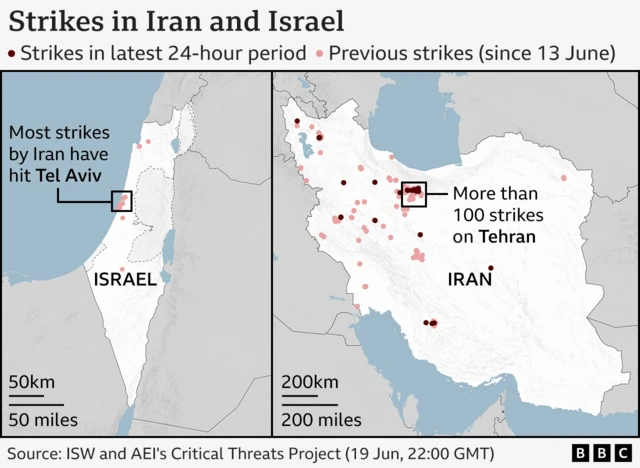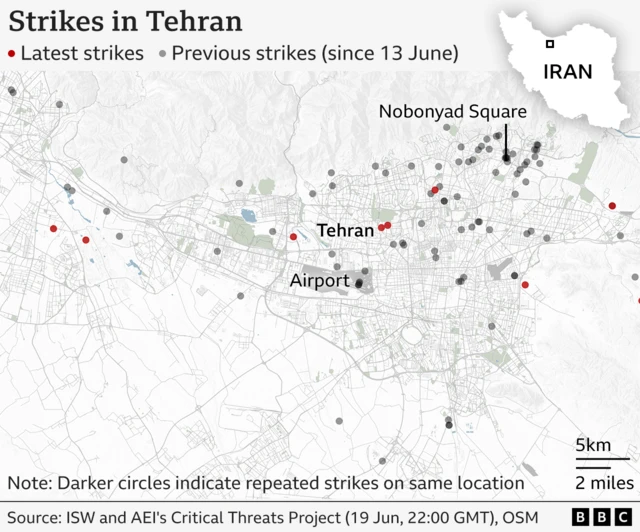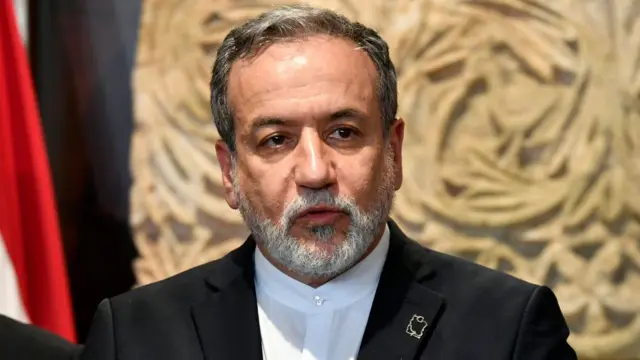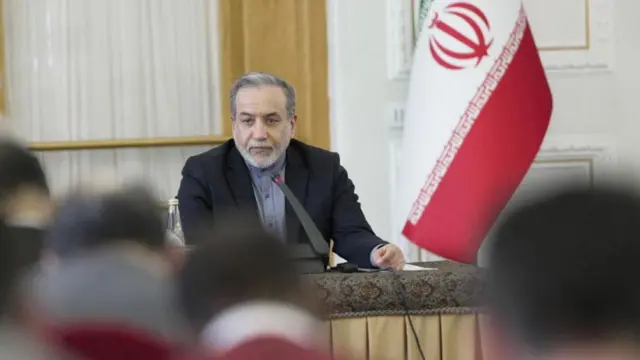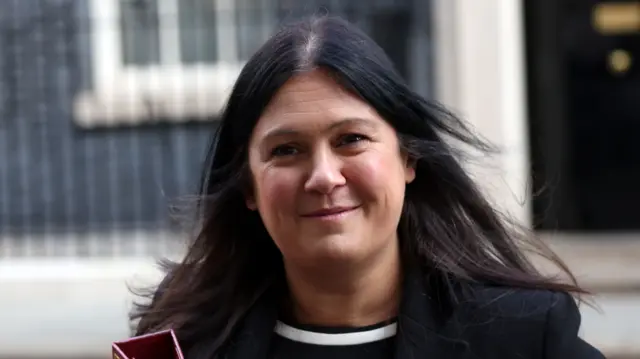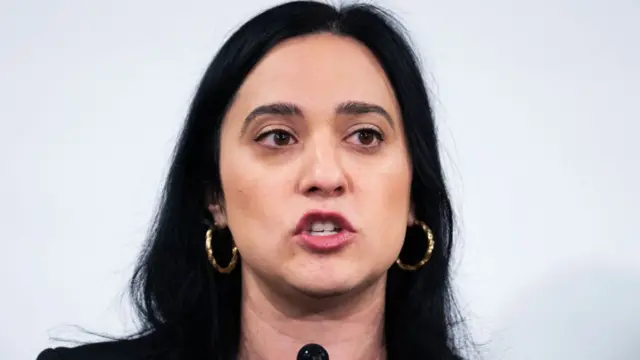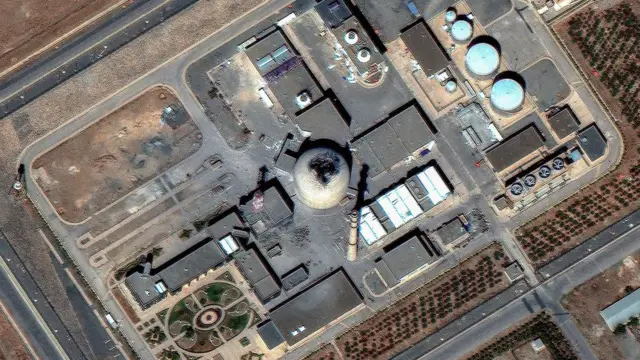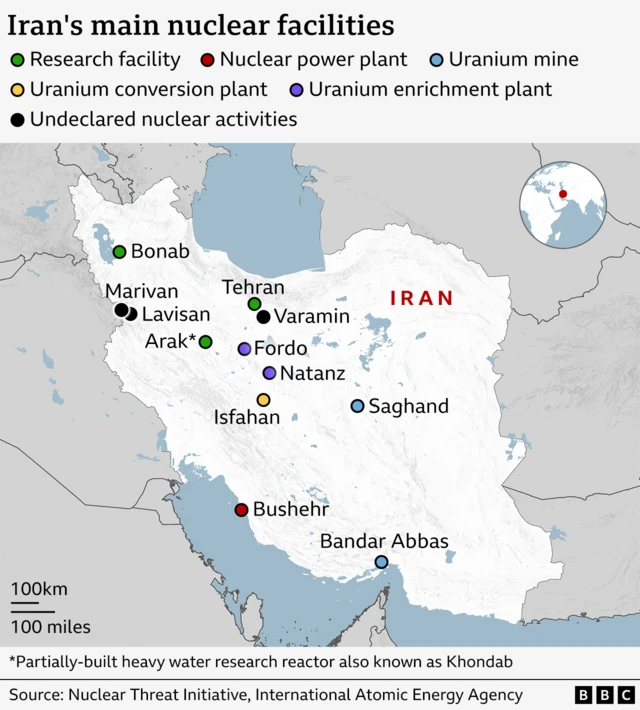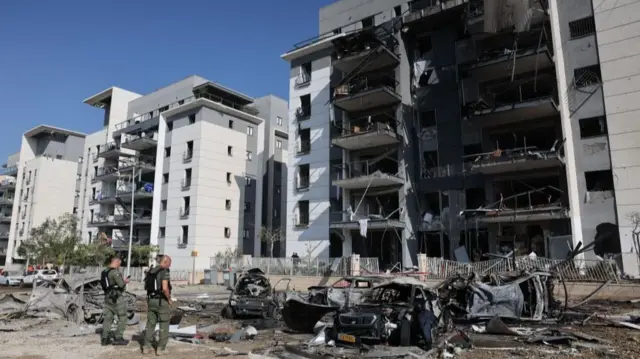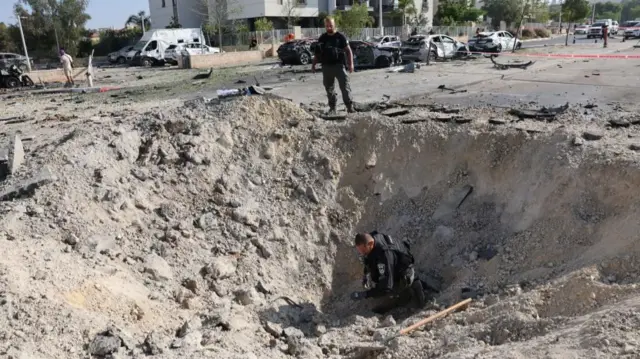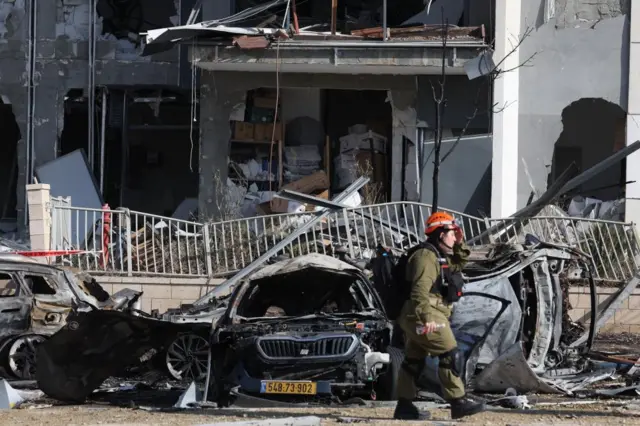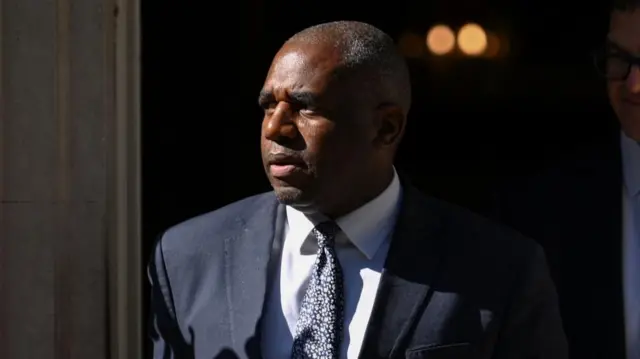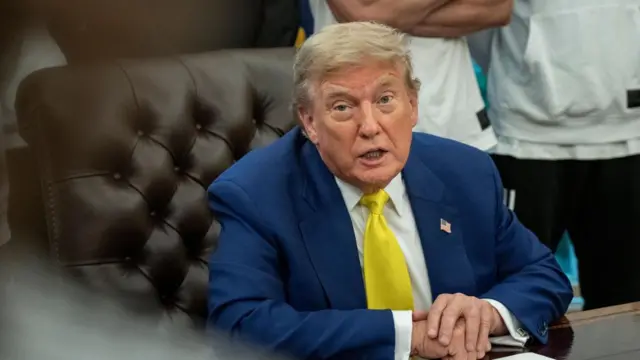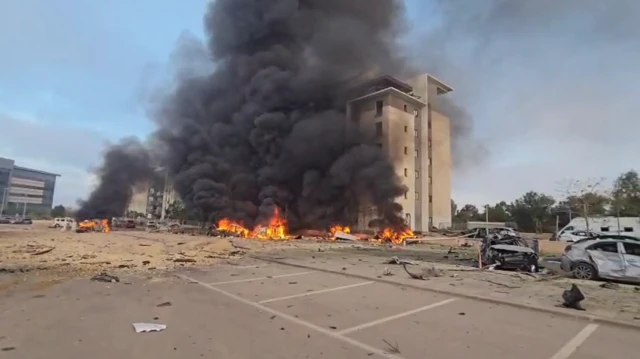Israel military kills 23 Palestinians near aid centre, witnesses and medics saypublished at 12:00 BST 20 June
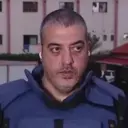 Rushdi Abualouf
Rushdi Abualouf
Gaza correspondent, reporting from Cairo
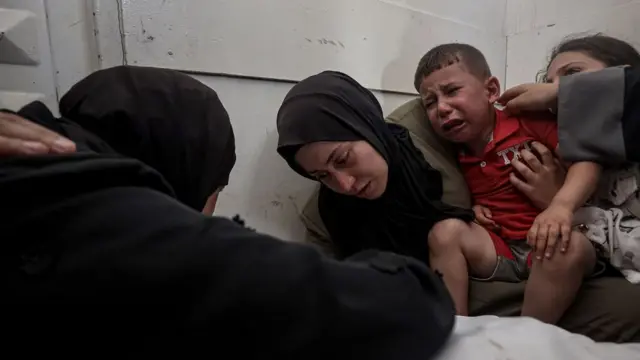 Image source, Getty Images
Image source, Getty ImagesHundreds of Palestinians have been killed in shooting incidents near aid sites.
Let's turn our attention briefly to Gaza, where witnesses and medics say Israeli forces have killed 23 Palestinians after opening fire on crowds who had gathered near an aid distribution site.
Tanks and drones fired at thousands of people near an aid centre run by the US and Israeli-backed Gaza Humanitarian Foundation in central Gaza, the witnesses and medics said.
A spokesperson for a hospital in Nuseirat says they received 23 bodies and more than 100 wounded people.
There's been no immediate comment from the Israeli military.
In a separate attack, a medic with the Palestinian Red Crescent said 11 Palestinians were killed and others injured in an Israeli airstrike targeting a home in the al-Ma'sar area west of Deir al-Balah.

